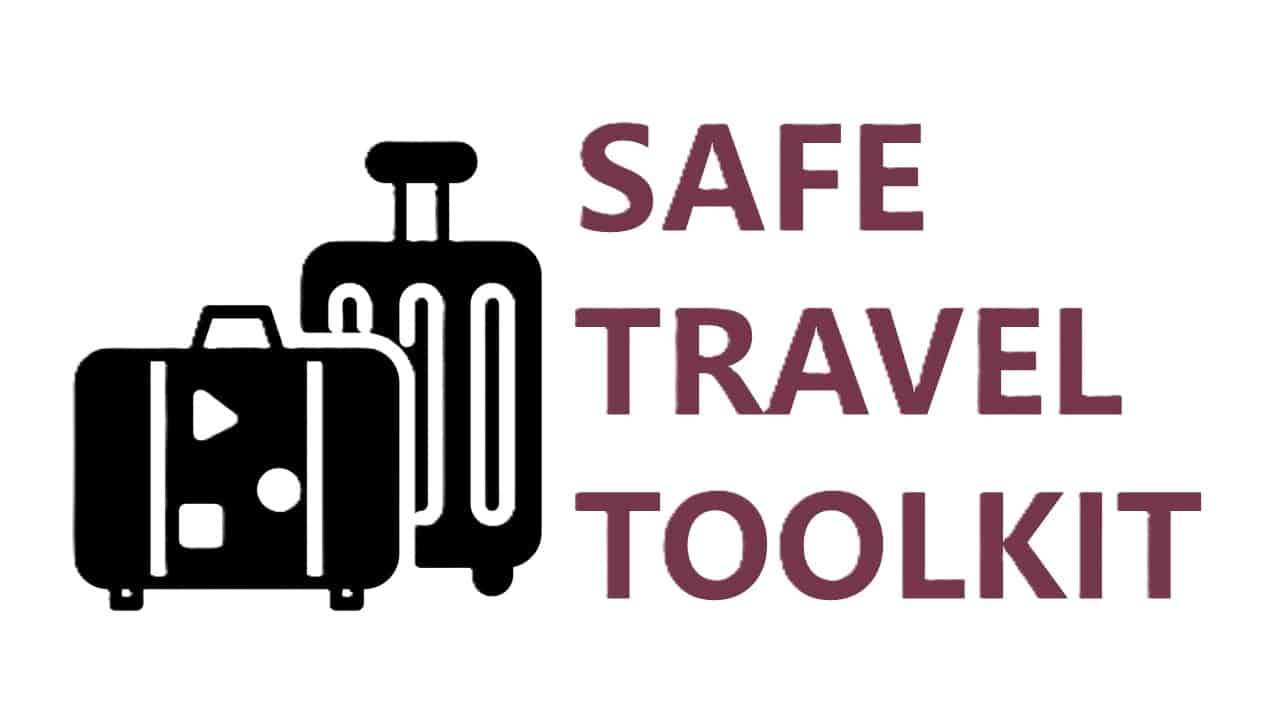Senior Travel Health and Safety, a true story : During their senior group tour, Robert and Mary encountered an unexpected situation. As they explored a beautiful historic town, Robert accidentally tripped on a cobblestone, injuring his ankle. The incident quickly escalated when they realized there was no immediate medical facility nearby, and their group was left wondering how to handle the situation. In the end, they relied on their resourcefulness and the support of their fellow travelers to manage Robert’s injury without panicking, highlighting the importance of staying calm and adaptable during senior travel.
Traveling Safely for Seniors: Managing Senior Travel Incidents
Traveling at an older age can be a rewarding experience, but it’s essential to take precautions to maintain your health and safety. Here’s a comprehensive guide with examples of situations and actions to take for senior travelers:
Before the Trip
- Medical Consultation: Before embarking on your journey, consult with your doctor to discuss your medical needs. Make sure to obtain medications for the entire trip duration.
- Vaccinations and Medical Preparation: If you’re planning an international trip, consult a travel medicine specialist to discuss necessary vaccines and precautions.
- Risk Assessment: Ask your doctor to conduct a risk assessment based on your destination and health condition. Discuss preventive measures.
- Gathering Important Documents: Prepare a pouch with copies of your travel documents, medical prescriptions, travel insurance, identification, and keep it with you at all times.
- Travel Insurance: Purchase senior-specific travel insurance covering emergency medical care, trip cancellation, and repatriation if needed.
- Emergency Medical Contact: Ensure you have contact information for your doctor or specialist in case of emergencies, and inform them about your travel plans.
During the Trip
- Medication Management: Use a pill organizer to keep track of your daily medications, and don’t forget to monitor your blood pressure if necessary.
- Hydration and Nutrition: Carry a water bottle during excursions to stay hydrated and opt for light meals to avoid digestive issues.
- Fall Prevention: Wear comfortable shoes with non-slip soles during sightseeing, and seek assistance when climbing or descending stairs.
- Activity Selection: Choose activities that match your physical condition and don’t hesitate to take breaks when needed.
- Basic First Aid: Pack a small first-aid kit with bandages, pain relievers, and any emergency medications you may require.
- Respect Your Pace: Don’t feel pressured to keep up with younger travelers. Take your time to enjoy the sights and relax.
In Case of Problems
If you encounter a health issue or any other problem during your trip, here are some actions to take:
- Stay Calm: Keep your composure and seek assistance if necessary.
- Contact Your Travel Insurance Provider: Inform your travel insurance company about any medical situations or other issues.
- Consult a Local Doctor: If you need medical care, look for a local doctor or visit the nearest hospital.
- Contact Local Authorities: In the case of a severe emergency, contact local authorities such as the police or emergency services.
- Inform Your Family: Keep your family informed about your situation and location.
Risks Mapping and dangers on vacation, far from home
- Senior Travel Incident Management
- Ensuring Safe Senior Journeys
- Senior Travel Safety and Incident Handling
- Safe Travel Practices for Seniors
- Senior Travel Incident Response
- Senior Travel Health and Safety Measures
- Managing Senior Travel Emergencies
- Ensuring Senior Traveler Well-being
- Senior Travel Crisis Management
- Safe Navigation of Senior Travel Incidents
By following these actions and remaining vigilant, you can fully enjoy your travels safely, regardless of your destination. Traveling as a senior can be a memorable experience with proper planning and precautions tailored to your health.








